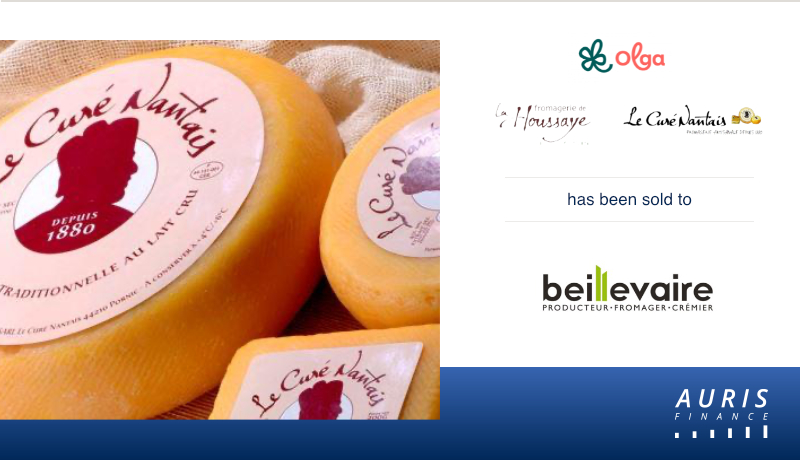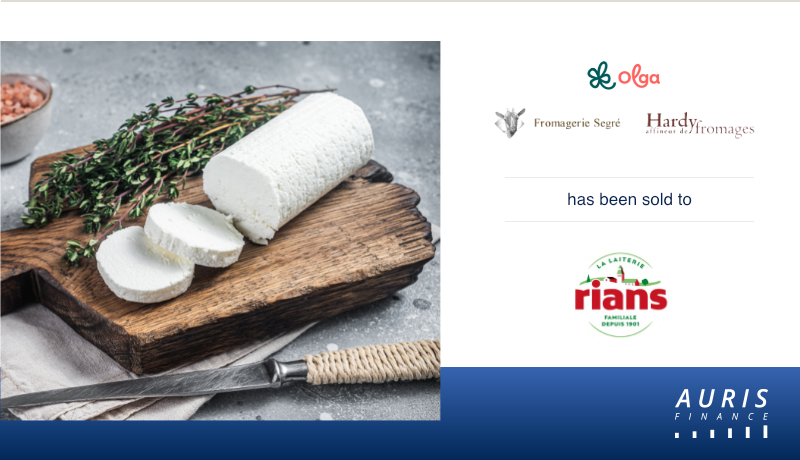

Every year, retailers and food producers enter into new commercial negotiations. In March 2023, manufacturers obtained an average increase of 9% in the purchase price of their products from retailers. This is only a half-hearted victory for both manufacturers, who are suffering from rising production costs, and retailers, who are struggling to satisfy consumers looking for low prices. Experts at AURIS Finance, a consultancy specialising in mergers and acquisitions, explain.
That’s a drop of five points. According to the Observatoire des négociations commerciales annuelles (Observatory of annual trade negotiations), the average purchase price of food industry products should have gone up by 14% in order to pass on the increase in production costs throughout the value chain. In the end, an agreement was reached with supermarket chains to increase prices by 9%. This huge price hike follows a prior price increase in June 2022, which was negotiated following special talks to compensate for the growing cost of raw materials as a result of the Ukraine war. Between March 2022 and March 2023, the bill for the major retailers rose by 16%.
Producers under pressure
Although this double-digit annual increase is unprecedented since the introduction of the EGAlim law, food manufacturers are not satisfied. Rising energy costs, coupled with labour shortages, are squeezing their margins and profitability. In order to cope with their rising production costs, these suppliers are finding it difficult to renegotiate their selling prices upwards in the face of supermarket giants imposing numerous trade-offs. ETIs and SMEs, which have less bargaining power than multinationals, are particularly hard hit.
Impact on the end consumer
The entire value chain is having a hard time at the moment: according to INSEE, food price inflation reached 15% year-on-year in April. To support consumers’ purchasing power, the government has introduced anti-inflation measures. These will run until the end of 2023 and will be backed up by food vouchers for low-income households. While the details of how these “anti-inflation shopping baskets” are to be set up will be left to the discretion of the retail giants, the measures will come at a cost. Système U told Europe 1 radio that while sales of the 150 products concerned increased by 30%, the scheme cost the company tens of millions of euros.
Hard discounters continue to make inroads
The retail behemoths that succeed are those who drive down prices, as seen by the consumer craze for hard discounters. Conversely, groups that fail to differentiate themselves through attractive price positioning are struggling. This is the case, for example, of the Casino Group, which entered into conciliation in May to renegotiate its debts with its creditors.
Get the support you need
Retailers, like food manufacturers, are currently facing major upheaval. For retail professionals, the challenge is to stand out from the crowd by offering competitive prices to consumers whose purchasing power is falling. Suppliers, meanwhile, are struggling to maintain profitability in the face of rising production costs. Against this backdrop, there are signs of mergers between industry players. AURIS Finance’s sector specialists are at your disposal for all your transaction needs.


